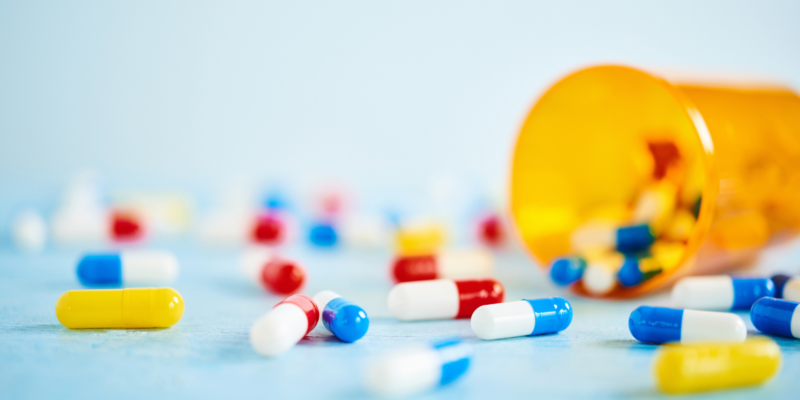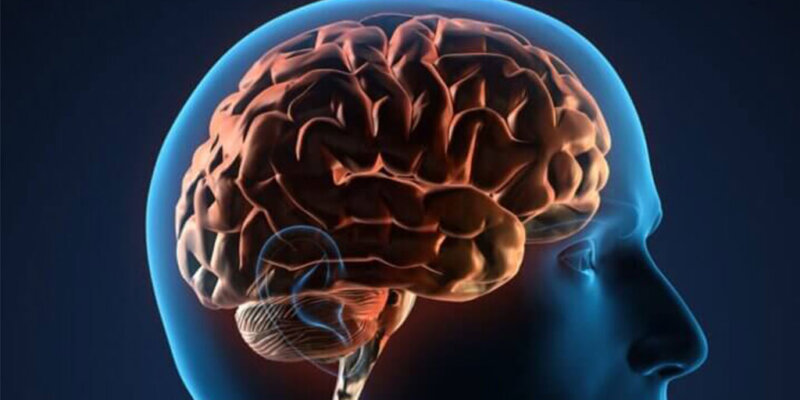Patient story: A 59-year-old woman has diabetes for 20 years with early kidney damage, presently on insulin injections. She had an angioplasty nine years ago because of chest pain from blocked heart arteries. Besides insulin, she was taking Plavix (Clopidogrel) and Nexium (PPI). Plavix works on blood cells called platelets to prevent them from sticking […]



